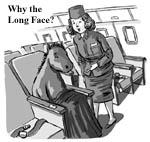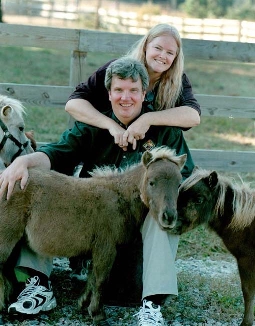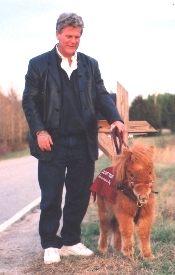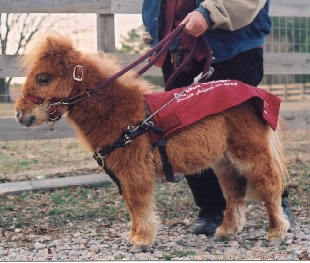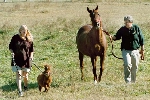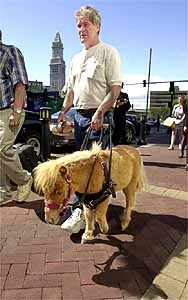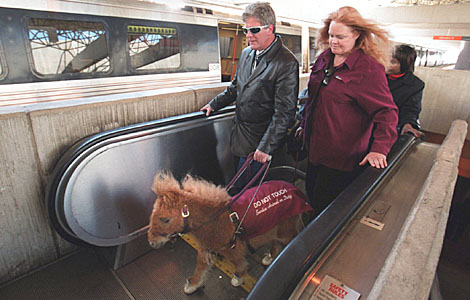|
|
|
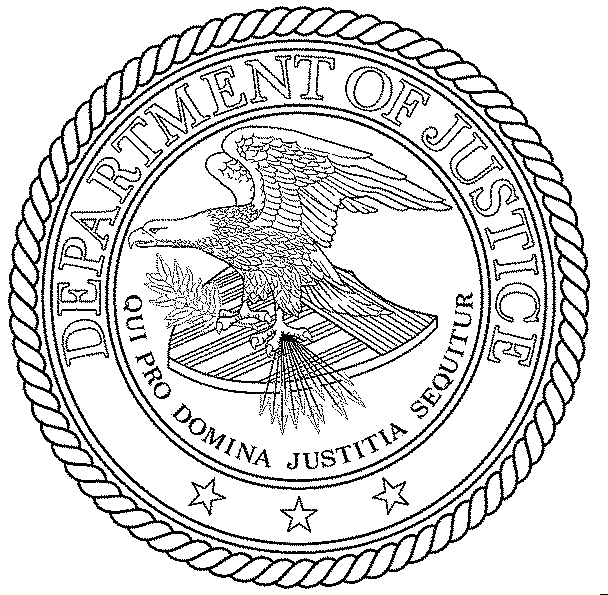  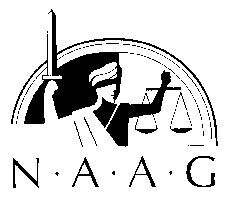 July 26,
1996
The Civil Rights Division of the U.S. Department of
Justice and the National Association of Attorneys General
have formed a Disability Rights Task Force to promote and
protect the rights of individuals with disabilities.
We have found that many businesses across the country
have prohibited individuals with disabilities who use
service animals from entering their premises, in many
instances because of ignorance or confusion about the
animal's appropriate use. This document provides specific
information about the legal requirements regarding
individuals with disabilities who use service animals. It
was prepared by the Task Force to assist businesses in
complying voluntarily with the Americans with
Disabilities Act and applicable state laws.
Twenty-four state attorneys general* are distributing a
similar document (including state specific requirements)
to associations representing restaurants, hotels and
motels, and retailers for dissemination to their members.
We encourage you to share this document with businesses
and people with disabilities and their families in your
community.
  
Deval L. Patrick Scott Harshbarger Scott Harshbarger
Assistant Attorney General Attorney
General Attorney
General
Civil Rights Division State of
Massachusetts; State of
Massachusetts;
U.S. Department of Justice President,
National Association of Attorneys General President,
National Association of Attorneys General
* Alaska, Arizona, California, Connecticut, Florida,
Hawaii, Illinois, Iowa, Kentucky, Maryland,
Massachusetts, Michigan, Minnesota, Missouri, Nevada, New
York, North Carolina, North Dakota, Ohio, Pennsylvania,
Rhode Island, South Dakota, Washington, and Wisconsin.
COMMONLY ASKED QUESTIONS ABOUT
SERVICE ANIMALS
IN PLACES OF BUSINESS
Q: What are the laws that apply to my business?
A: Under the Americans with Disabilities Act (ADA),
privately owned businesses that serve the public, such as
restaurants, hotels, retail stores, taxicabs, theaters,
concert halls, and sports facilities, are prohibited from
discriminating against individuals with disabilities. The
ADA requires these businesses to allow people with
disabilities to bring their service animals onto business
premises in whatever areas customers are generally
allowed.
Q: What is a service animal?
A: The ADA defines a service animal as any guide dog,
signal dog, or other animal individually trained to
provide assistance to an individual with a disability. If
they meet this definition, animals are considered service
animals under the ADA regardless of whether they have
been licensed or certified by a state or local
government.
Service animals perform some of the functions and tasks
that the individual with a disability cannot perform for
him or herself. "Seeing eye dogs" are one type
of service animal, used by some individuals who are
blind. This is the type of service animal with which most
people are familiar. But there are service animals that
assist persons with other kinds of disabilities in their
day-to-day activities. Some examples include:
_____Alerting persons with hearing impairments to sounds.
_____ Pulling wheelchairs or carrying and picking up
things for persons with mobility impairments.
_____Assisting persons with mobility impairments with
balance.
Q: How can I tell if an animal is really a service
animal and not just a pet?
A: Some, but not all, service animals wear special
collars and harnesses. Some, but not all, are licensed or
certified and have identification papers. If you are not
certain that an animal is a service animal, you may ask
the person who has the animal if it is a service animal
required because of a disability. However, an individual
who is going to a restaurant or theater is not likely to
be carrying documentation of his or her medical condition
or disability. Therefore, such documentation generally
may not be required as a condition for providing service
to an individual accompanied by a service animal.
Although a number of states have programs to certify
service animals, you may not insist on proof of state
certification before permitting the service animal to
accompany the person with a disability.
Q: What must I do when an individual with a service
animal comes to my business?
A: The service animal must be permitted to accompany the
individual with a disability to all areas of the facility
where customers are normally allowed to go. An individual
with a service animal may not be segregated from other
customers.
Q: I have always had a clearly posted "no
pets" policy at my establishment. Do I still have to
allow service animals in?
A: Yes. A service animal is not a pet. The ADA requires
you to modify your "no pets" policy to allow
the use of a service animal by a person with a
disability. This does not mean you must abandon your
"no pets" policy altogether but simply that you
must make an exception to your general rule for service
animals.
Q: My county health department has told me that only a
seeing eye or guide dog has to be admitted. If I follow
those regulations, am I violating the ADA?
A: Yes, if you refuse to admit any other type of service
animal on the basis of local health department
regulations or other state or local laws. The ADA
provides greater protection for individuals with
disabilities and so it takes priority over the local or
state laws or regulations.
Q: Can I charge a maintenance or cleaning fee for
customers who bring service animals into my business?
A: No. Neither a deposit nor a surcharge may be imposed
on an individual with a disability as a condition to
allowing a service animal to accompany the individual
with a disability, even if deposits are routinely
required for pets. However, a public accommodation may
charge its customers with disabilities if a service
animal causes damage so long as it is the regular
practice of the entity to charge non-disabled customers
for the same types of damages. For example, a hotel can
charge a guest with a disability for the cost of
repairing or cleaning furniture damaged by a service
animal if it is the hotel's policy to charge when
non-disabled guests cause such damage.
Q: I operate a private taxicab and I don't want
animals in my taxi; they smell, shed hair and sometimes
have "accidents." Am I violating the ADA if I
refuse to pick up someone with a service animal?
A: Yes. Taxicab companies may not refuse to provide
services to individuals with disabilities. Private
taxicab companies are also prohibited from charging
higher fares or fees for transporting individuals with
disabilities and their service animals than they charge
to other persons for the same or equivalent service.
Q: Am I responsible for the animal while the person
with a disability is in my business?
A: No. The care or supervision of a service animal is
solely the responsibility of his or her owner. You are
not required to provide care or food or a special
location for the animal.
Q: What if a service animal barks or growls at other
people, or otherwise acts out of control?
A: You may exclude any animal, including a service
animal, from your facility when that animal's behavior
poses a direct threat to the health or safety of others.
For example, any service animal that displays vicious
behavior towards other guests or customers may be
excluded. You may not make assumptions, however, about
how a particular animal is likely to behave based on your
past experience with other animals. Each situation must
be considered individually.
Although a public accommodation may exclude any service
animal that is out of control, it should give the
individual with a disability who uses the service animal
the option of continuing to enjoy its goods and services
without having the service animal on the premises.
Q: Can I exclude an animal that doesn't really seem
dangerous but is disruptive to my business?
A: There may be a few circumstances when a public
accommodation is not required to accommodate a service
animal--that is, when doing so would result in a
fundamental alteration to the nature of the business.
Generally, this is not likely to occur in restaurants,
hotels, retail stores, theaters, concert halls, and
sports facilities. But when it does, for example, when a
dog barks during a movie, the animal can be excluded.
If you have further questions about service animals or
other requirements of the ADA, you may call the U.S.
Department of Justice's toll-free ADA Information Line at
800-514-0301 (voice) or
800-514-0383 (TDD).
DUPLICATION OF THIS DOCUMENT IS ENCOURAGED.
7/96
|




